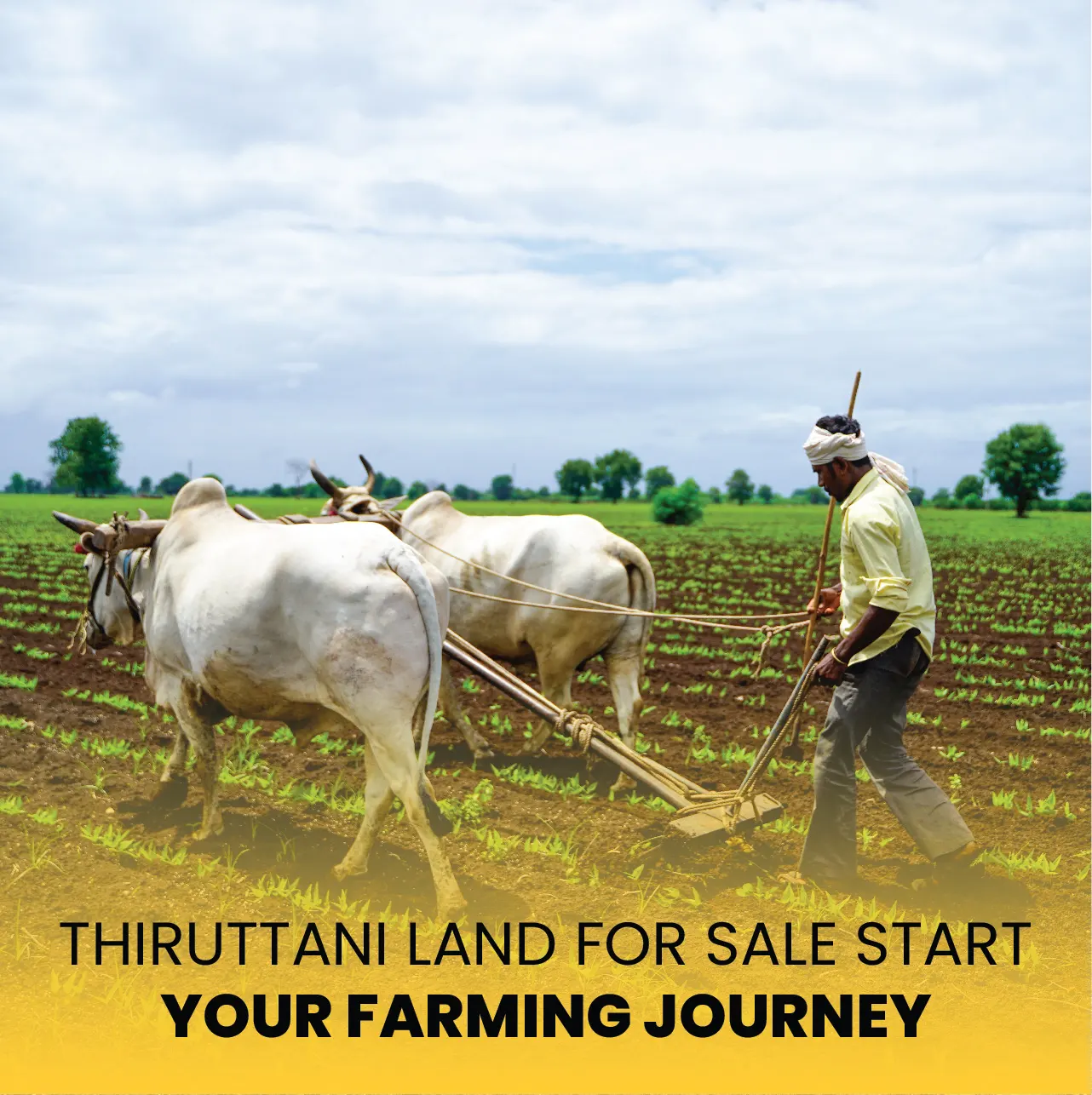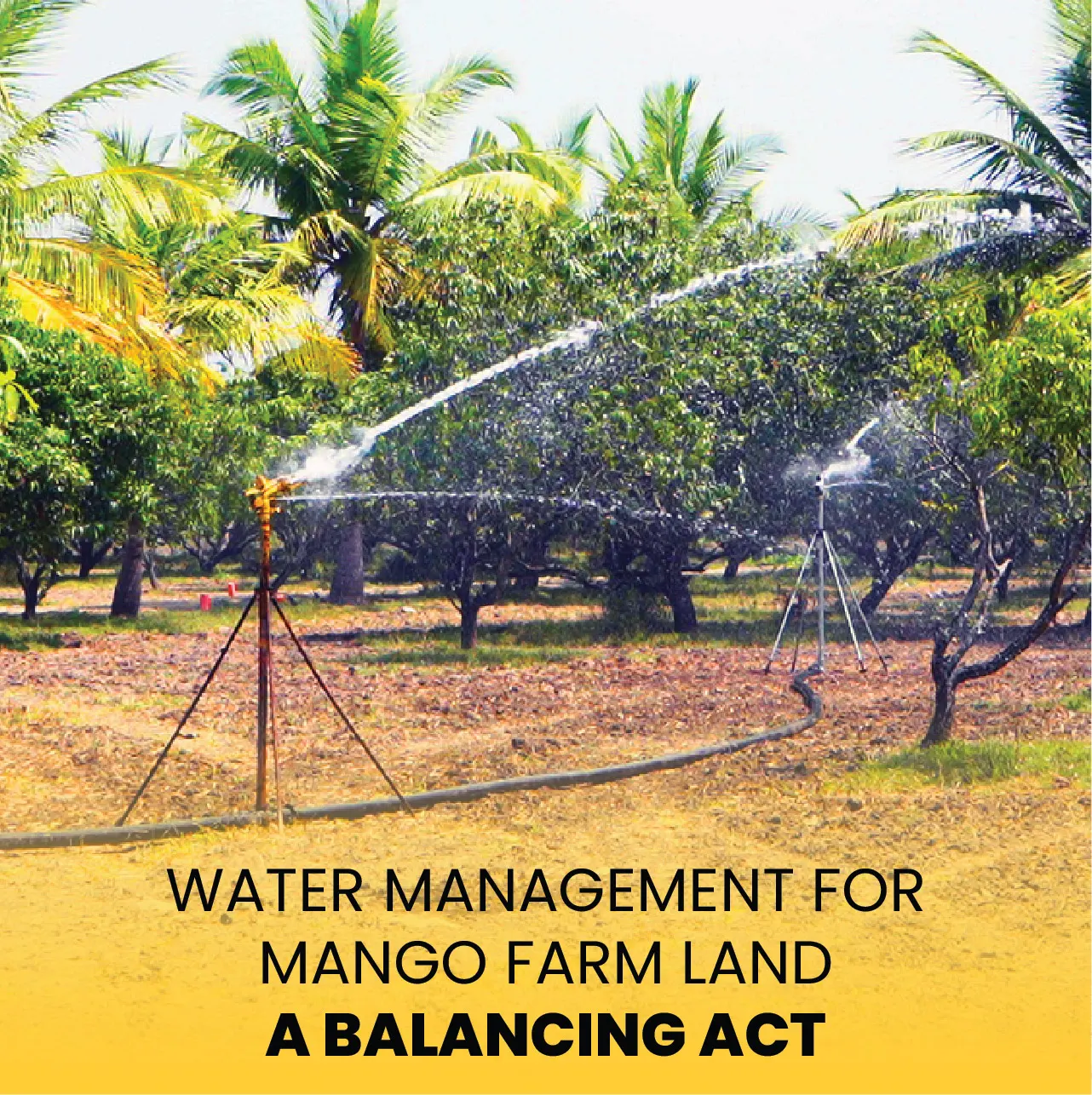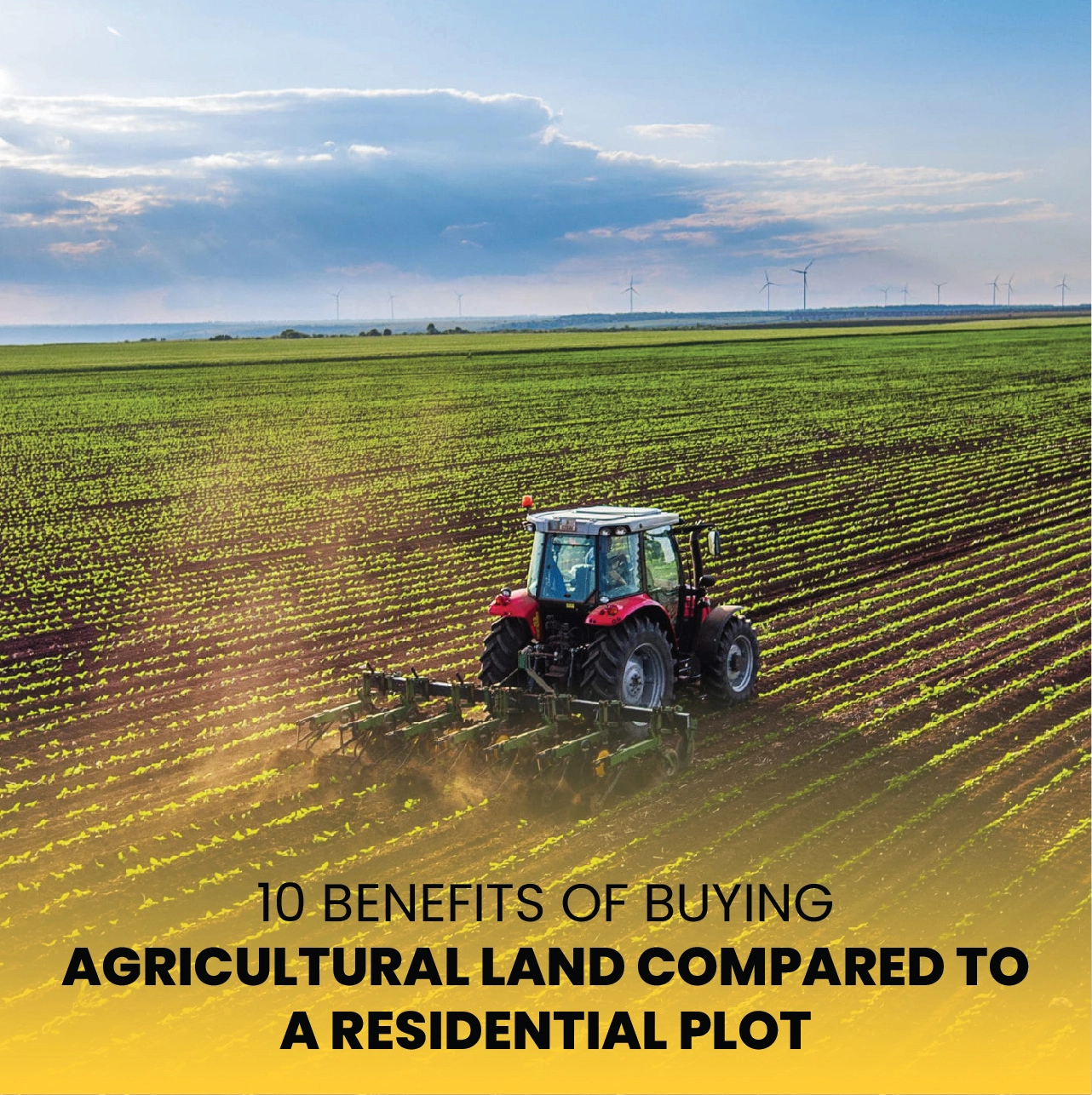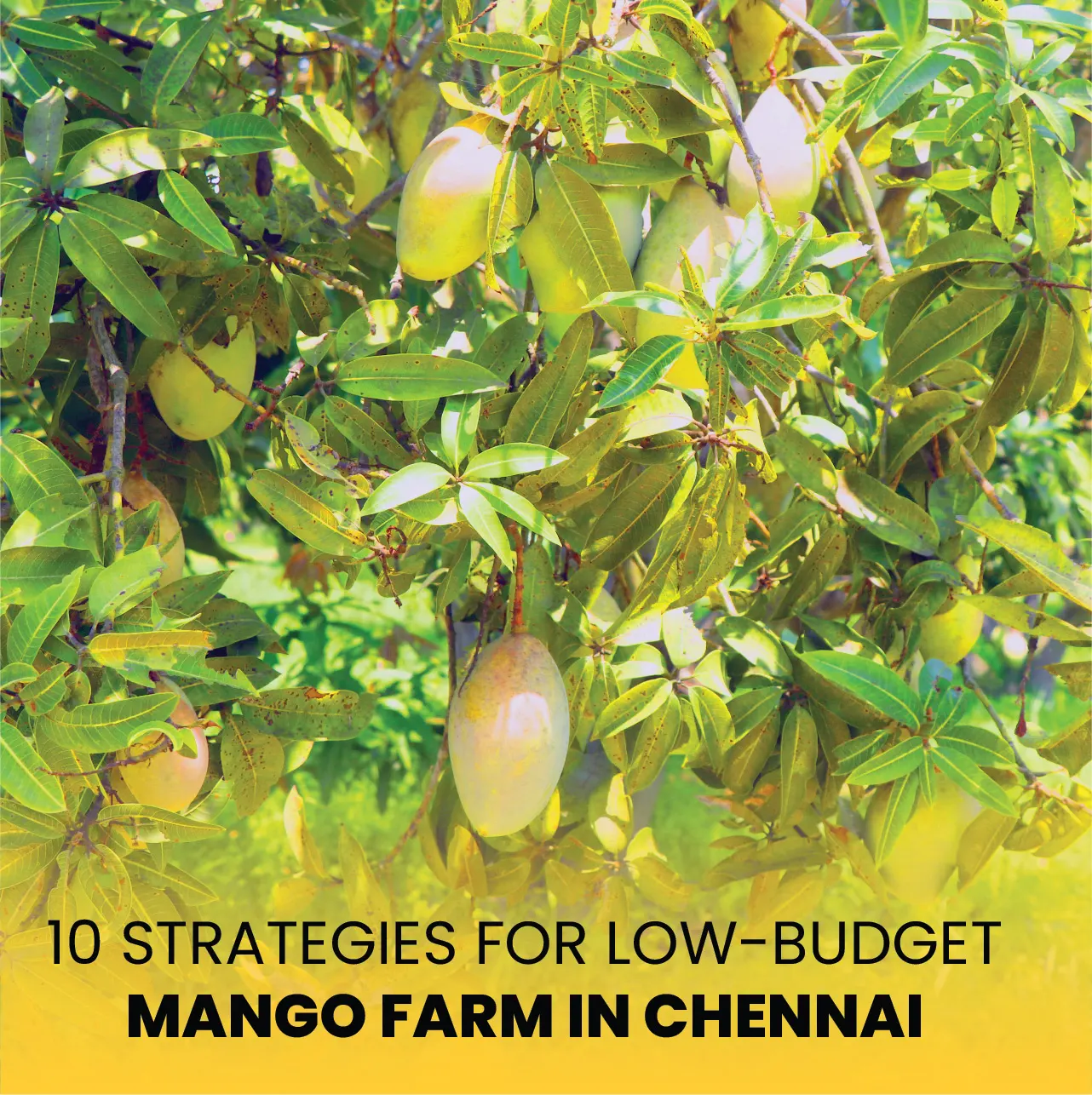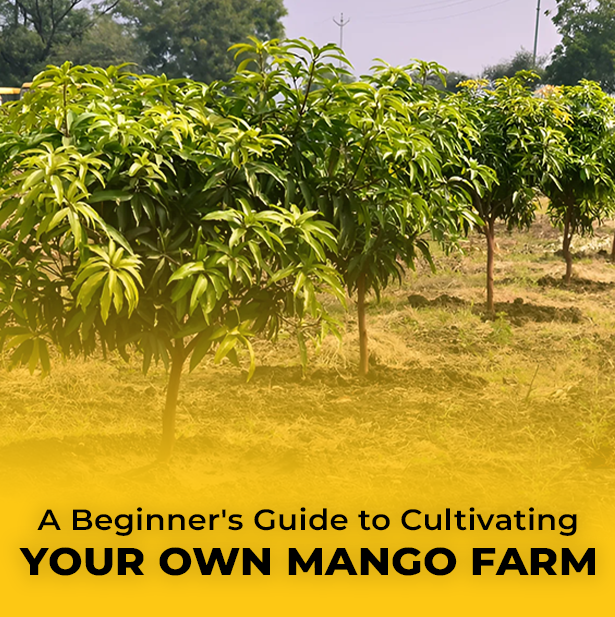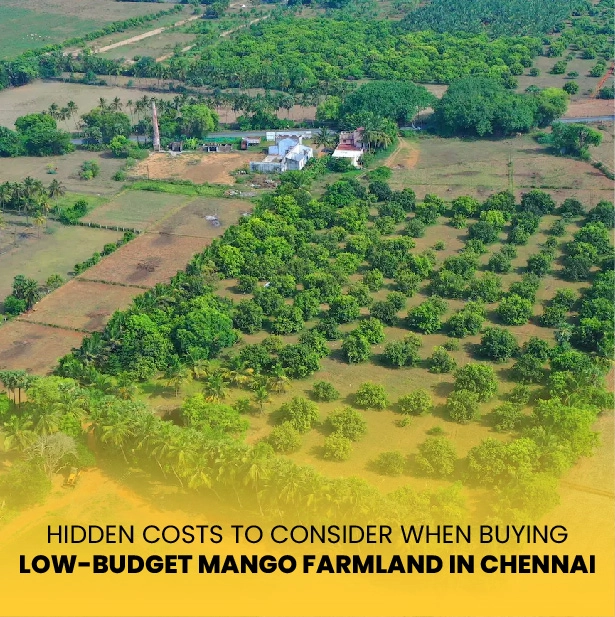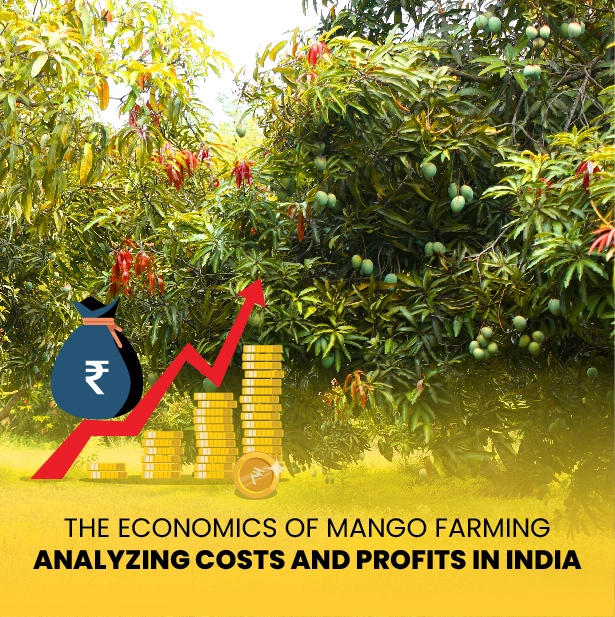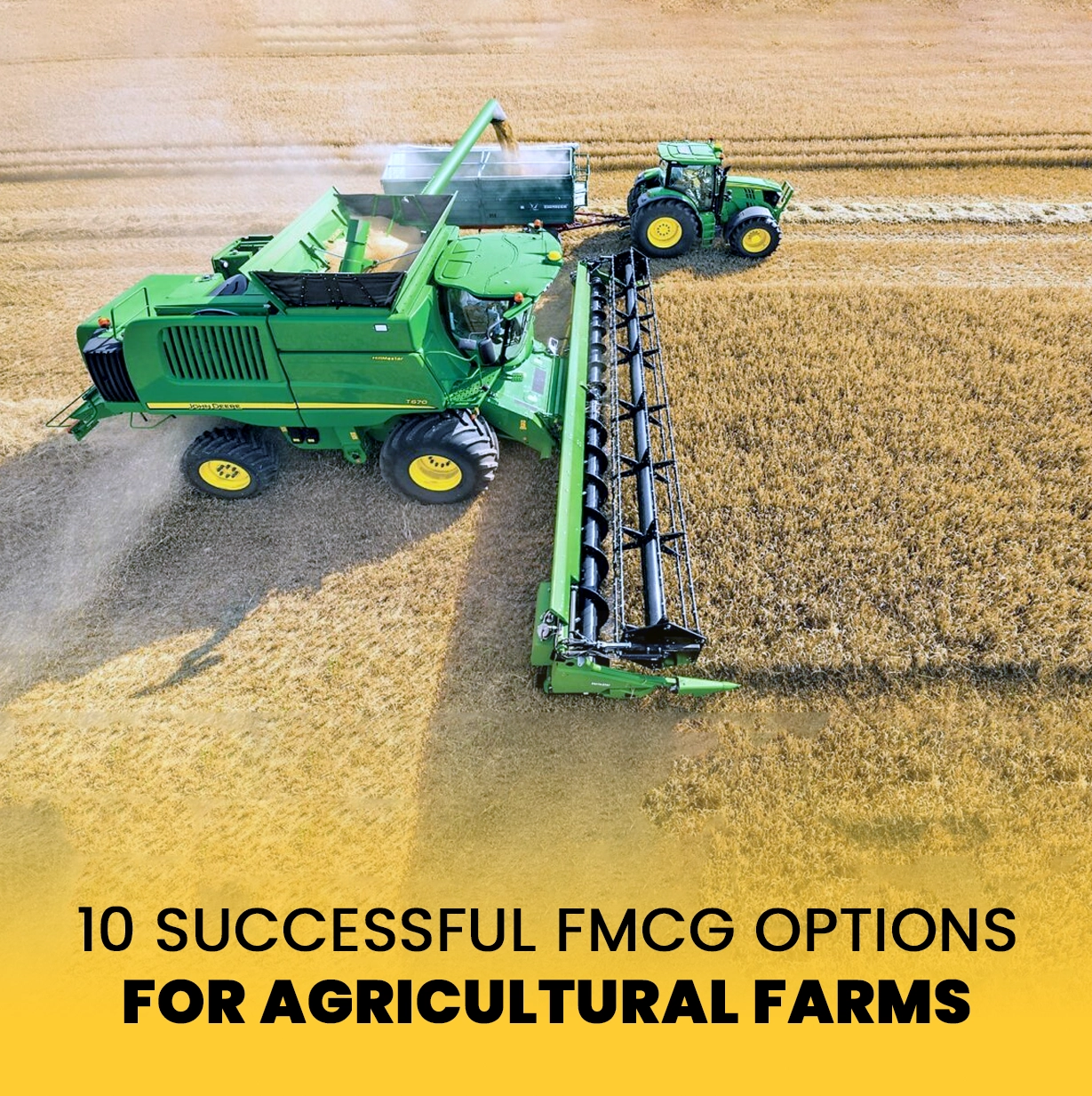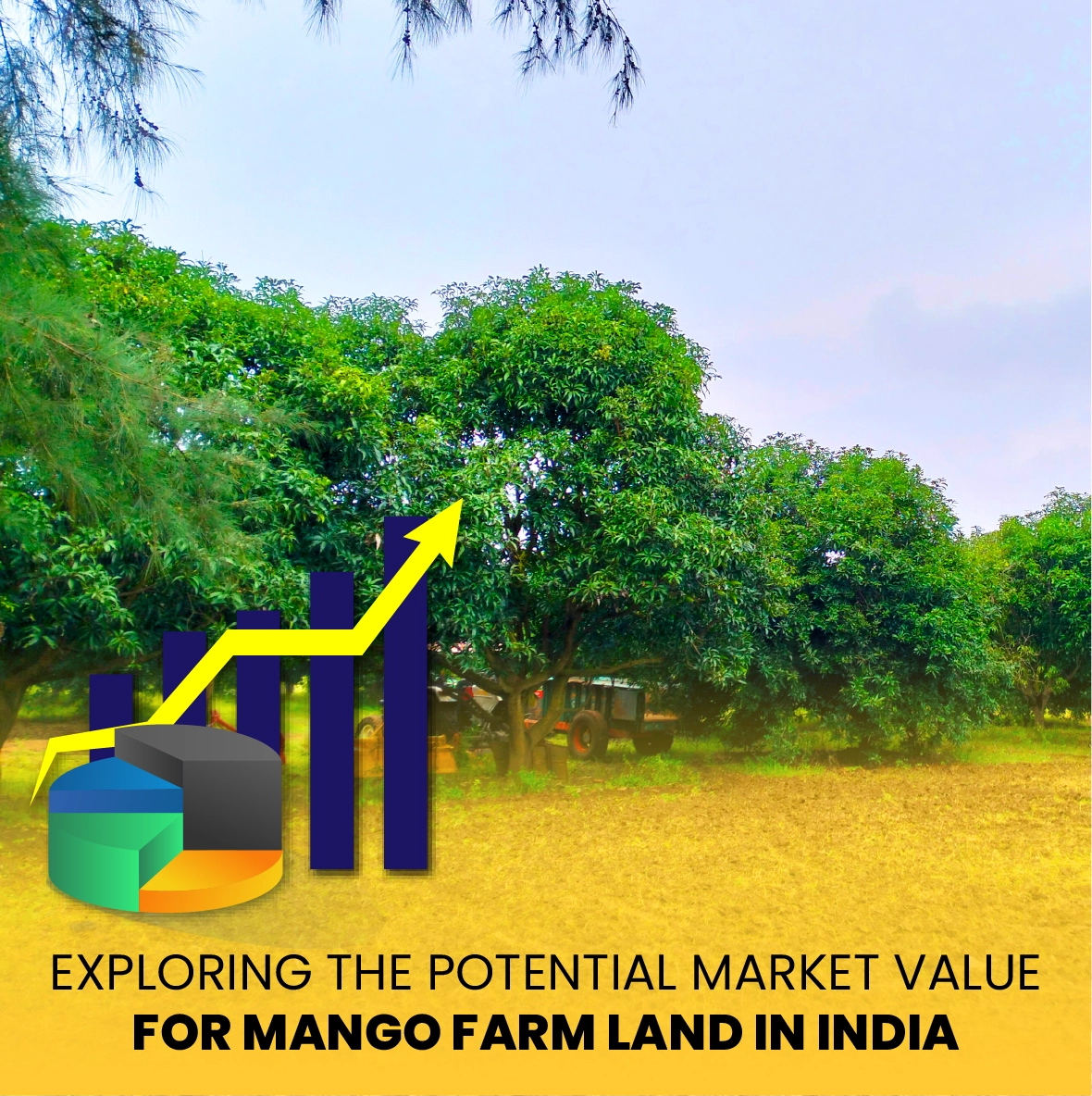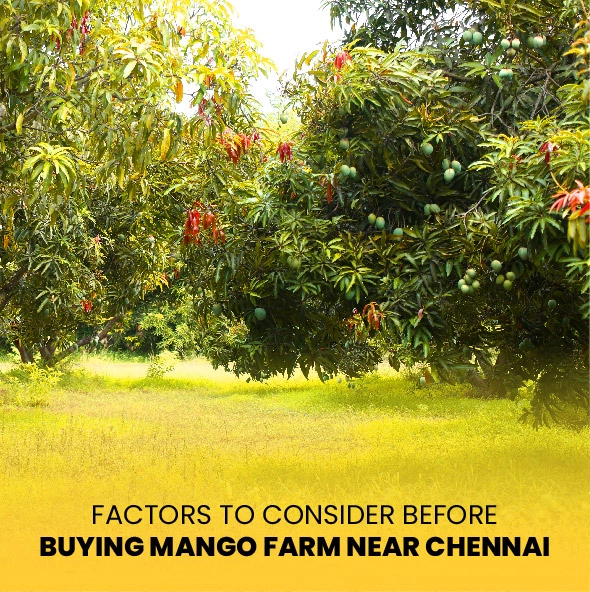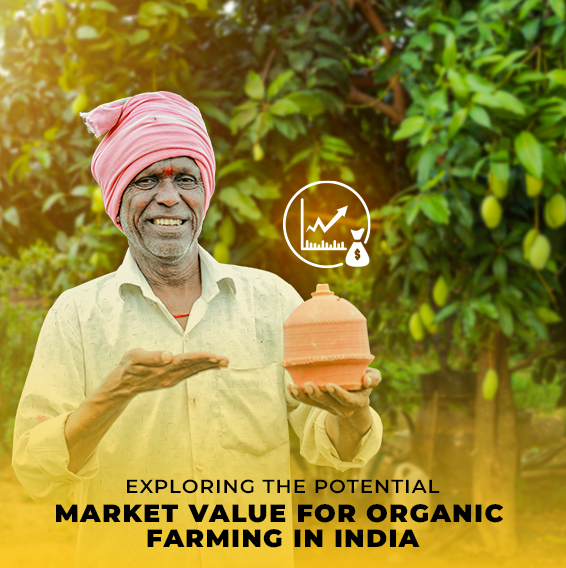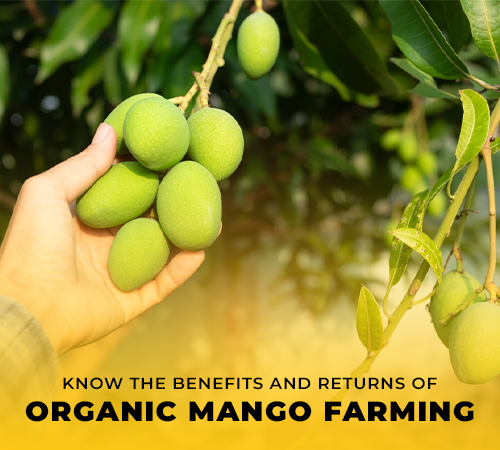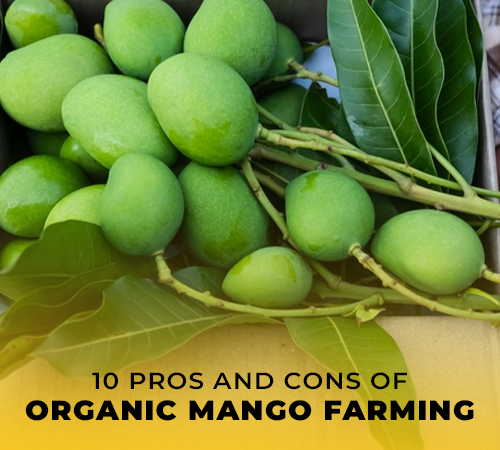With its long history of agriculture, Chennai is important to the local agricultural sector. Chennai boasts an abundance of farmland and depends on agriculture for the livelihood of a significant portion of its population. In this post, we'll examine how farmland in Chennai is evolving, with an emphasis on potential investments and future farmland pricing.

Farmland prices in Chennai have changed dramatically in the last several years. Long renowned for its steady land values, places like the Kanchipuram district have seen an unexpected increase in prices. An acre was worth Rs 30,000 back in 2010, said local farmer Sabarinathan. That shot up to Rs 4 lakh by 2013–14. In 2017, the same acre sold for an astonishing Rs 5 lakh. Only the trend accelerated; by 2019, it was at an incredible Rs 12 lakh per acre."
Such extraordinary price increases are now typical of Chennai's outer limits. Consider Mohan Raj, a residential area close to the city, where the price of an acre increased from Rs 7 lakh to an incredible Rs 7 crore in just ten years. In Chengalpattu, some 50 km from Chennai, the price of an acre has surged from a tiny Rs 20,000–25,000 to an astounding Rs 10 lakh.
A large rise in farmland values in Chennai's periphery reflects a national trend and suggests significant rural changes. Anecdotal data and microstudies from 68 villages across seven states reveal similar increases in farmland prices across most of rural India. As urbanisation drives land demand towards peri-urban areas, better accessibility brought about by infrastructural development, most notably highways, attracts investors. This boom provides a viable alternative for farmers who are leaving agriculture, but it also reduces the availability of arable land, thereby altering the ownership dynamics.
Political influence, farmer transitions, and investment interest coming together highlight how complex this phenomenon is. As Chennai's hinterlands develop quickly, the combination of these elements changes the agricultural environment, presenting opportunities as well as problems for rural populations and other stakeholders.
A number of reasons combine to explain the growing interest in farmland among investors in Chennai's proximity. Higher income levels and job creation, sparked by economic expansion and liberalization, have increased demand for homes. Concurrently, the pool of possible buyers has grown as the housing industry has moved from mostly cash transactions to credit-based purchases. Further driving builders and buyers to investigate peri-urban locations for real estate development are limitations on floor space index (FSI) in urban areas. These days, investors find farmland to be a desirable investment because it may yield large profits and has fewer regulations than properties with built structures. In India, these elements, taken together, determine how farmland prices will develop in the future.
Growing investor interest and increasing urbanisation in Chennai's surroundings are completely changing how farmers value their land. When one farmer learns that another has sold their land for a high price, it discourages others from accepting lower prices. The ongoing upward pressure on land prices is turning land from an agricultural asset into a commodity of speculation.
In these rural outskirts, where agriculture used to be the main economic engine, a significant transformation is taking place. More farmers are turning to wage work since the percentage of revenue from agriculture is declining, and they view it as a more steady source of income than the erratic returns of farming. Director of the National Centre for Agricultural Economics and Policy Research (NCAP) Ramesh Chand points out that, according to National Sample Survey Office (NSSO) data, agriculture now only accounts for 33% of the rural economy. This change in economic dynamics, which redefines farmland ownership, is encouraging more absentee landlordism and concentration of land ownership.
Buying farmland in Chennai calls for a thorough strategy that takes many variables and possible hazards into consideration. It is critical to do a great deal of research on the selected site before making any investment selections. This entails assessing the soil quality, as well as the water supply, the plans for infrastructural development, and the past success of local agricultural projects. Making wise investments requires knowledge of the agricultural product market trends and demand dynamics in Chennai and the nearby areas.
Investors must also be aware of the inherent risks associated with investing in farming. Market price volatility can significantly impact returns, as factors such as weather, geopolitical events, and worldwide demand influence the prices of agricultural commodities. Droughts, floods, and cyclones are just a few of the weather-related hazards that continuously threaten agricultural yields and have a direct impact on the profitability of farming investments. In addition, to stay out of legal hot water, negotiating regulatory obstacles, including taxation policies, environmental rules, and land acquisition laws, calls for careful thought and adherence.
Moreover, investors ought to evaluate the long-term viability of their investment plan, taking into account elements such as water scarcity, soil deterioration, and the possible effects of climate change on agricultural output. Making backup plans and using risk reduction techniques can protect investments from unanticipated difficulties and unknowns. Ultimately, careful study, risk management, and flexibility in changing market conditions are necessary for profitable agricultural investment in Chennai.
Chennai's important position within India's agricultural sector, as well as encouraging government laws, make investing in farmland there an attractive option. Chennai's rich infrastructure and agricultural terrain make farmland investments both stable and growth-oriented. Beyond only financial benefits, these investments promote sustainability by promoting ethical land management techniques and sustaining the livelihoods of nearby farmers. Investors support environmentally friendly farming techniques and help to improve rural areas by leasing land to farmers.
Such investments do not, however, come without problems. Market, weather, and regulatory changes pose risks that require careful risk assessment and prevention. However, investors can take advantage of the bright prospects presented by farmland investments in Chennai with cautious study, strategic planning, and flexibility, thus promoting both financial success and long-term agricultural development in the area.
M/S Holidays Mango Farm offers a top place to invest in well-run farmland in Chennai. M/S Holidays Mango Farm, a division of the well-known Holidays Farm Group, combines farmhouse ownership with unmatched affordability. When you invest in our farmland, we handle all paperwork, plantation control, upkeep, and more. Take a look at assisted farming, which allows you to grow your crops among exotic species, enjoy the tranquillity of sustainable living, and earn a yearly return on investment. Book your visit now: Agriculture Farmland for sale in Chennai
